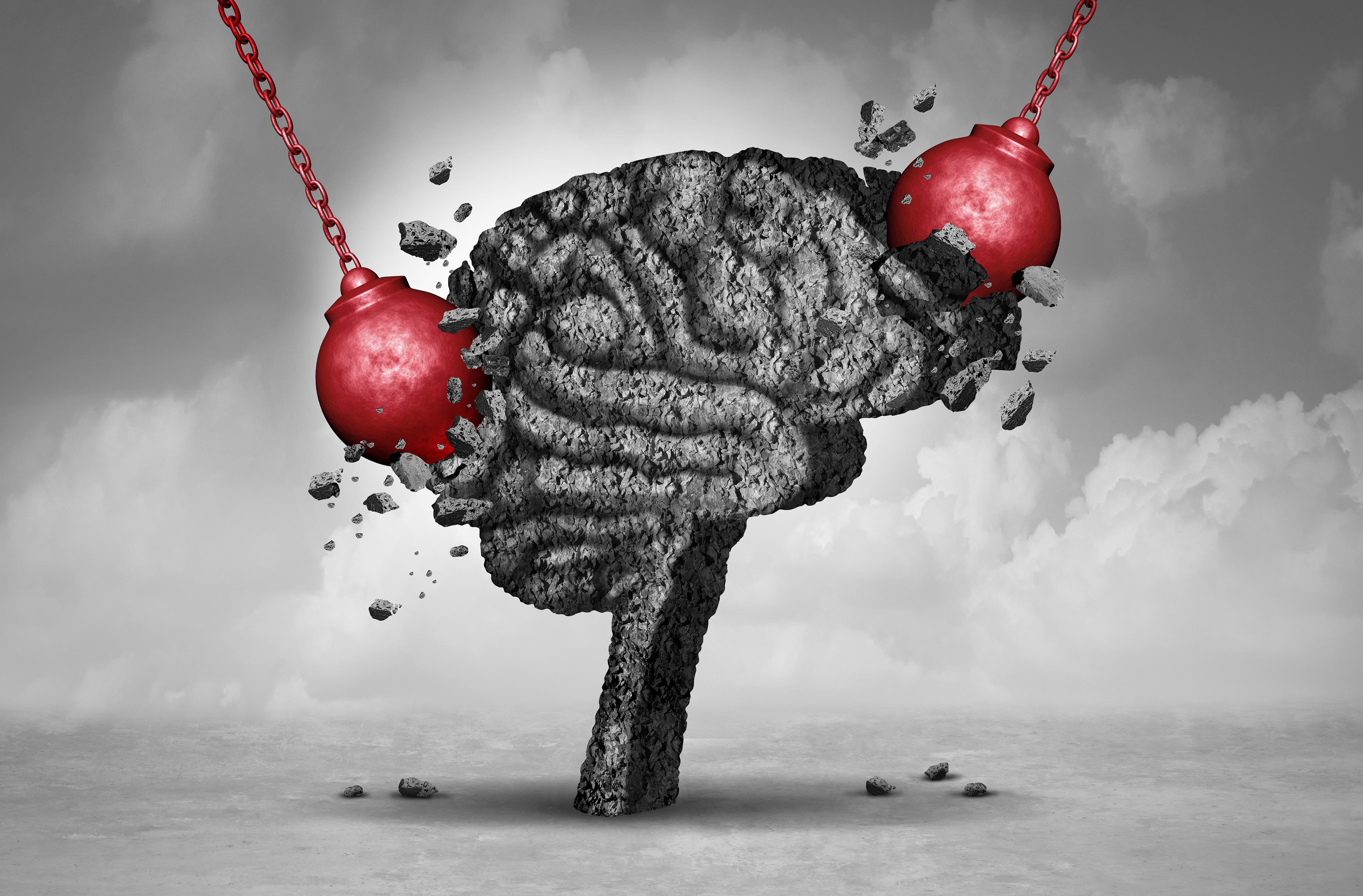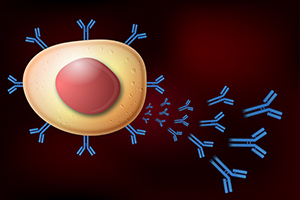
MonoRab


GenScript’s premier rabbit antibody generation service Perfect for high affinity mAb’s against difficult Ag’s
Inhibition of Neurogenesis Reduces Seizures in TBI Patients
Most neurogenesis occurs during the first three years of life, however neuronal progenitor stem cells remain present within the sub ventricular zone of the hippocampal dentate gyrus throughout adulthood. A common period of enhanced neurogenesis is after any significant insult to the brain, such as a TBI. In fact, this significant increase in neuronal development is hypothesized to assist in trauma related repair mechanisms. However, a new study from Rutgers University Medical School has revealed that this burst of post injury neurogenesis is actually severely detrimental to the brains ability to recover.
The study analyzed the effect of enhanced and reduced neurogenesis on age based neuronal expansion and seizure development, a common side effect of TBI. The analysis revealed that increased neurogenesis had two severe side effects. First, it actually depleted the sub ventricular zone of neuronal stem cells, leading to the characteristic decline of late stage neurogenesis in TBI patients. Secondly, the burst of neurogenesis lead to a significant increase in dentate gyrus excitability, resulting in higher susceptibility to seizures. In order to revert the rate of post TBI neurogenesis back to normal levels, researchers introduced the selective VEGFR2 antagonist SU1498 (this antagonist was chosen due to previously published data showing the direct relationship between VEGFR2 expression and injury related neurogenesis). SU1498 treated mice presented with relatively normal levels of neurogenesis during time periods defined by increased or decreased neurogenesis in TBI models, as well as a significantly reduced susceptibility to chemically induced seizures. The results of this study indicate that reduced post TBI neurogenesis has the capacity to not only reduce seizures, but also increase the rate of patient recovery in a wide array of debilitating injuries.
Current Promotion!!

Peptide or Protein, That is the Question: Anigen Strategy for Antibody Production
 Are you having difficulty designing the perfect immunogen for custom mAb generation? Does your mAb have low specificity and/or affinity in different applications? Sign up today for this Free webinar and learn how to design an optimum immunogen for your specific immunization strategy, price range, downstream application, and more!
Are you having difficulty designing the perfect immunogen for custom mAb generation? Does your mAb have low specificity and/or affinity in different applications? Sign up today for this Free webinar and learn how to design an optimum immunogen for your specific immunization strategy, price range, downstream application, and more!
Wednesday November 8th, 2017 @9:00 AM - 10:00 AM EST




